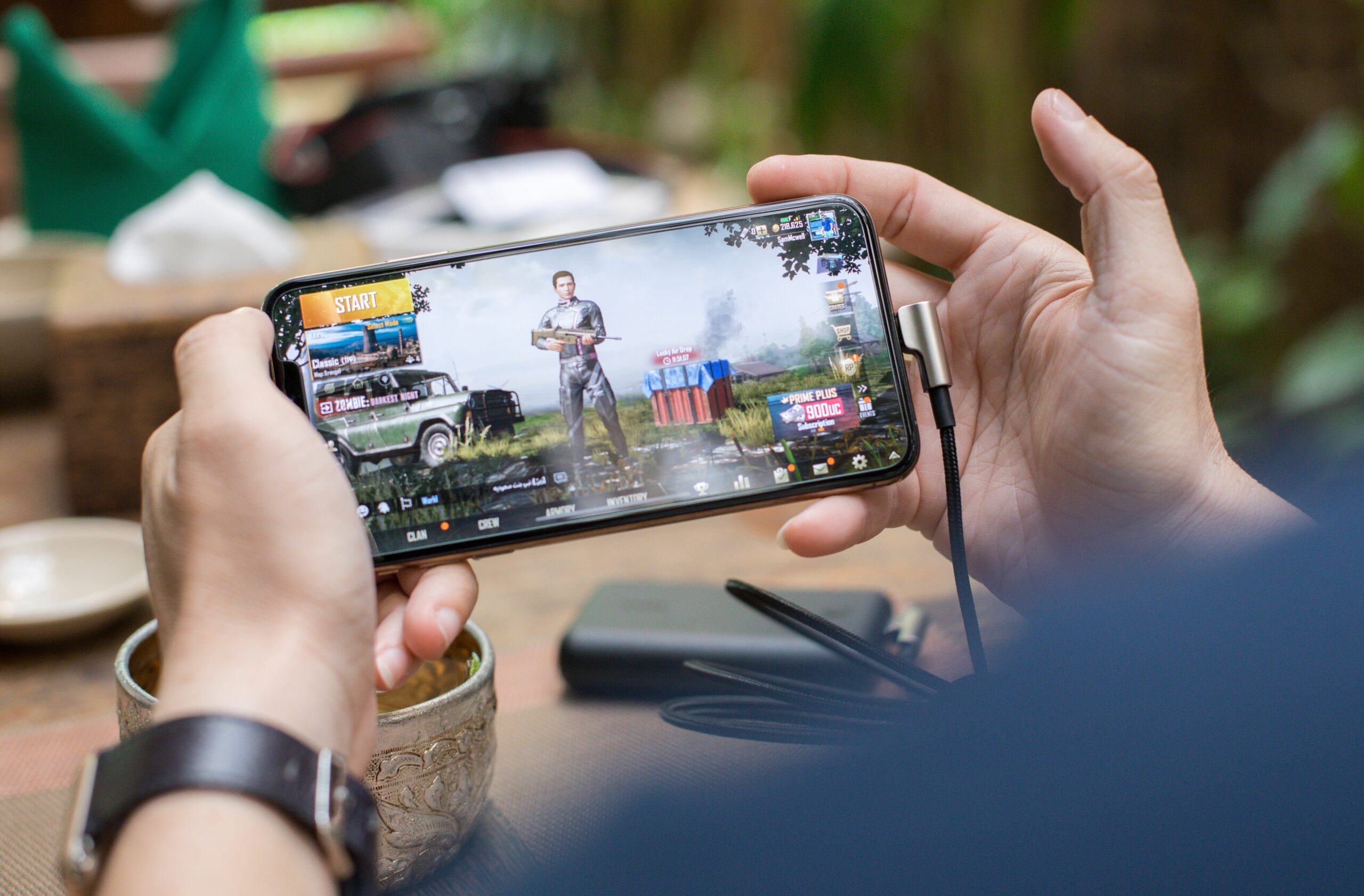Age checks to protect children should be within video games, recommends the UK. And for the most part, they’re not wrong.
As reported by Eurogamer, the UK’s Information Commissioner’s Office (ICO, not the game) says that video games should identify under 18s “with a reasonable degree of certainty”.



Would age checks in video games be good or bad?
Sure, if you’re close to a recommended age of a game you’ve just bought and you’ve had parent/guardian approval, it could be annoying having to verify your age when you just want to jump in and play.
However, there will be times when a game features mature content or excessive microtransactions, unbeknown to a parent/guardian. This can happen even with warning labels on the box. Even more so if a game is bought online using a parent or guardian account/card.
To be fair, there are some fantastic parental apps for PlayStation, Xbox and Nintendo Switch. For example, anytime my son wants to play a game that might be slightly above his age, a notification will be sent to my phone for approval. So while extra verification in-game can be a good thing, there are some official apps that will give additional support to protect your child.



ICO (not the game) wants additional measures too
ICO wants video games to encourage players to take regular breaks during extended sessions. What’s more, ICO wants it to be “without feeling pressured to continue playing or becoming fearful of missing out.” There are some games that do encourage breaks, however, those are few and far between.
The recommendations from ICO are part of the UK’s Children’s Code which goes into how the General Data Protection Regulation should be implemented in digital services.
ICO also recommends having marketing data turned off by default and wants to limit how much-sponsored content can be featured in a game. That, I’m sure a lot of us would agree on.



Who should take responsibility?
In theory, much of the recommendations do make sense. However, it can be argued it’s the responsibility of the parent to monitor the video games their children are playing. Plus, how would the age be verified and could it trigger a flaw that prevents genuine aged gamers from playing a game?
At the end of the day, the recommendations from ICO are exactly what they are, recommendations. Whether any of these requests are ever imposed is another matter altogether.
Do you believe that more games should do more to verify age or is it totally on the parent/guardian? Let us know your thoughts across our social media channels.
While you’re here, be sure to check out our video of the week. 10 of the scariest horror games of all time are shown off. What is your favourite horror game?
Featured Image Credit: /Source: Eurogamer

